On adult friendship
the best ships are… just kidding, have you SEEN the Royal Caribbean's Icon of the Seas?
Like every other person in their 20s with big feelings and on the brink of a quarter-life crisis, I’ve been assessing my friendships lately. This is the decade where you’ll be spending the most time with your friends (sans kids, a spouse, and the “get your shit together”-ness of your 30s and 40s), and I’ve been repeatedly informed that my friendships are a window into who I am. Adages flood my TikTok For You Page, like:
“You’re the average of the five people you spend the most time with.” “Show me your friends and I’ll show you your future.” “Your network is your net worth.”
That being said, Keanu Reeves is allegedly a loner and he seems to be doing just fine.
I’ve never tried to optimize my friendships before recently. For most of my life, proximity bias ruled my choice of friends. My college bestie, who sat next to me on my first day of class freshman year, is a testament to that.
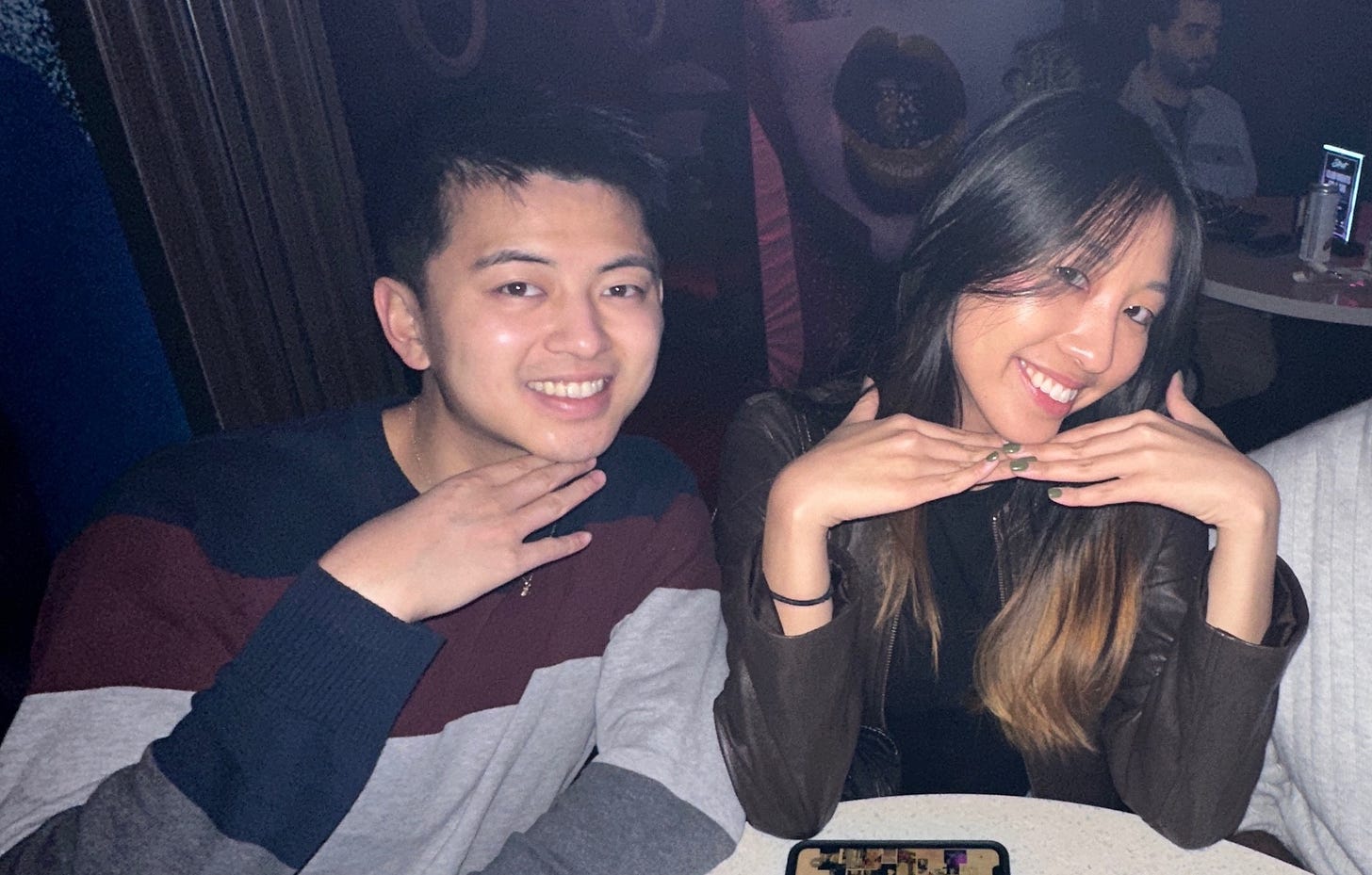
This pattern has been consistent since I was a child. In fact, here’s how my formula for childhood friendom went:
Spot someone close to me who vaguely piqued my visual interest
Don’t be shy
Instant friend status!
When I was in second grade, a new girl moved to my school. I found myself staring at her on the playground like she was a zoo animal for a good 10 minutes, before finally approaching.
“Hi, I’m Alina. I’ve never seen you before. But you’re Asian and I’m Asian, which means we’re friends now.” (Spoken in the only language I knew at age 7: intrusive thoughts).
The remainder of the 30-minute recess was spent taking turns tumbling in a sandbox and exchanging out-of-breath “look what I can do”s. By the end, we sported matching manicures (grime under our nails) to solidify our friendship. I learned her name was Susan, she’d just moved from Canada, and she was in the third grade (Hanging with an older, more ~mature~ girl was SO coveted, since I was the eldest daughter in my family and still grieving the loss of my role as “baby”). Even though she moved away 2 years later, somehow we’ve always found our way back to each other. Fast forward 18 years, and she’s now only a few subway stops away in Brooklyn. We meet up occasionally and delve into our shared interests (typography, SSENSE sales, Haruki Murakami before he got canceled). Sometimes, like the guy you know who washes his face with 5-in-1 soap and never breaks out, you get lucky in life – and in friendships.
But other times, you don’t. Growing older has made me realize that friends are ubiquitous, but great friends are extremely hard to come by. It’s important to be selective and seek meaningful connections, not just fill your schedule with meh ones because you’re scared to be alone. This is a challenge for me, because I’ve learned from my parents to be loyal to a fault. This undying loyalty makes up the foundation of many (unfortunately) decades-long dry Asian marriages, fueled by that same fear of loneliness. Too often, people remain in incompatible relationships, romantic and friendly alike, for way longer than they should.
My recent introspection has also caused me to be more wary of my parents’ friends. (Like no mom, I don’t think you should lose 10 pounds via a Chinese herbal fad diet just because Auntie J said so). Are there emotional support groups for kids who suffer from vibe kills at social gatherings caused by their parents’ toxic, egotistical, hidebound friends? Do let a girl know.
But if you’ve ever broken up with a friend before, you’d know that it’s easier said than done. In high school, my best friend was Josie. (This is not her real name but I am a classy feminist who respects other women’s privacy). We met in a way where again, proximity bias ruled, and Josie being in all my classes meant she was automatically my friend.
I began noticing that Josie would get upset whenever I’d do things that led to my happiness or success, accusing me of trying to overshadow her. I’d always thought the appropriate reaction to a friend’s achievement would be to celebrate the achievement as if it was your own, perhaps throwing in an “I’m so proud of you” or two. Instead, her scoffs and statements like “You only got [X] because of [lame excuse]” were hard to miss. This came to a head when we received our scores for an important exam junior year and opened them together. When she saw I’d scored higher than her (not by much, mind you), she screamed “you bitch!” and burst into an ugly cry so strong it rivaled Kim Kardashian’s when she lost her diamond earring in the ocean.
I tried to be understanding because high school was a stressful time, and perhaps her actions were a reflection of that. But whenever I ended up failing and needing her the most, instead of offering empathy, she reveled in knowing I was doing poorly. This is a red flag I now watch out for in friendships. I later learned there was a name for this concept in German: schadenfreude, defined as “pleasure derived by someone from another person’s misfortune,” and Josie was its poster child. It’s since become one of my most favorite words that perplexes recipients every time I use it.
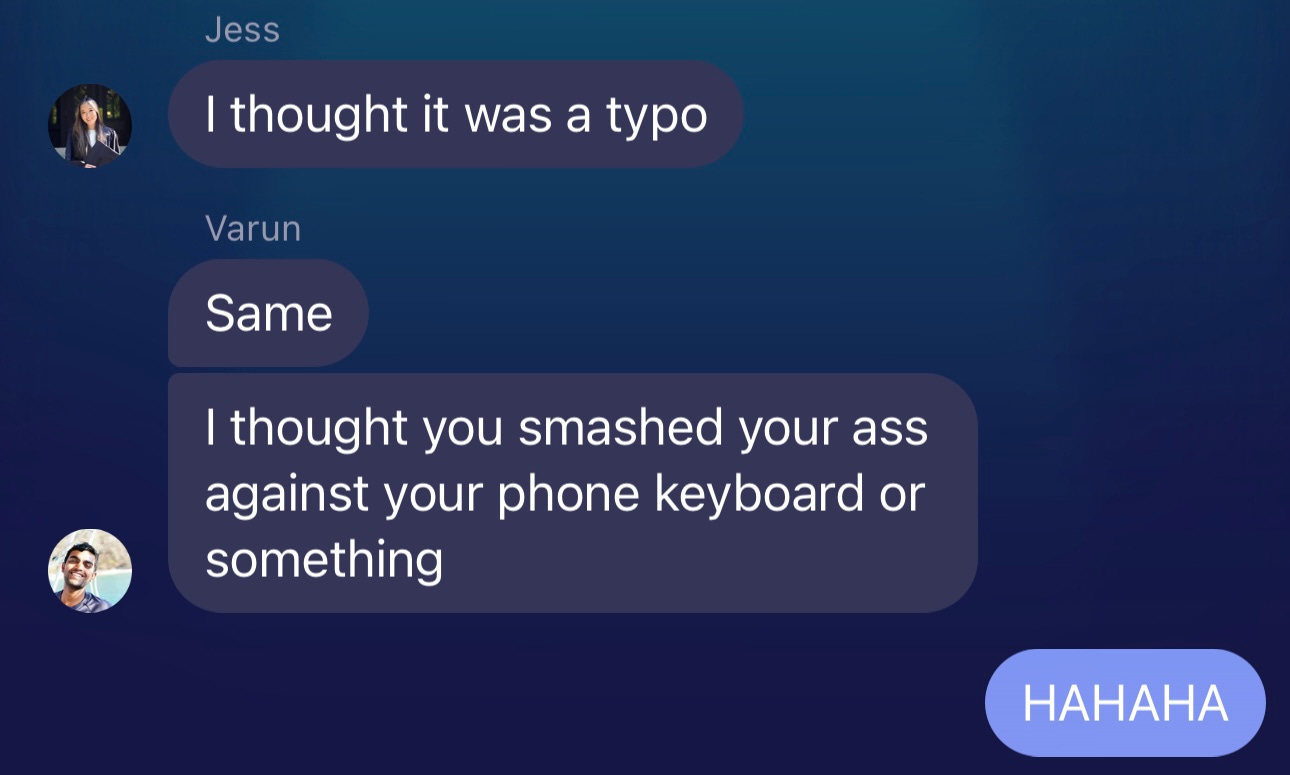
I saw this word gain popularity when millionaires died on the Titan submersible, with headlines reading “Why the Titan Submarine Disappearance led to Public Schadenfreude.” I’d hope if I ever went down swinging in such a chaotic way (God forbid), my loved ones would be at my funeral toasting to how hot, funny and smart I was, not to the fact that they secretly wished me gone, ya feel?
A wise person (I’m willing to bet a woman) once said that our 20s are our most formative years. One of the most painful experiences in this era is witnessing friends you’ve once cherished slipping through your grasp, either because they’ve outgrown you or you’ve outgrown them. As your thoughts, beliefs and consciousness evolve, it becomes hard to find common ground if they’re not evolving on the same path.
A girl I used to hang out with (let’s call her Kaycee for anonymity’s sake) and I would share articles and videos we found interesting (forget physical touch and gifts, this is my love language. Preferably ones titled “6 telltale signs you might have ADHD”). Over time, content that once amused me started to feel highly insensitive given the current cultural landscape. And yet, Kaycee still consumed it regularly, luring me into debates that made me question her moral compass. The guys she dated I found to be total duds, yet she stayed, which made me realize that those duds actually mirrored her own values (birds of a feather, I suppose). As weeks went by, I found myself texting Kaycee less and less, resorting to responses like, “I’m busy this weekend. How about another time?” without specifying when. It was heartbreaking to mourn the loss of her, our connection, and in a way, my former self.
Finding your tribe involves trial and error. But once you finally connect with people who you don’t need to overly and constantly explain yourself to, the dust clears. Your circle becomes a few solid mainstays (who’d help you hide a body but not without insisting that “you’re better than this!”), and you become more sure of who you are.
I’m not saying every friendship needs to have the profundity of a Jane Austen novel. Sometimes, I appreciate easy, low-effort friendships – the friends you’d feel comfortable sharing sips of your drink with on a night out, even though you’re probably not close enough to do so, but that degree of closeness is exactly what makes them exciting.
One beautiful college spring, I spent 5 months studying abroad in London. My friends and I gallivanted all over Europe, running on meager hours of sleep and maintaining our Duolingo streaks.
That semester is imprinted in my memory as one of coming-of-age, where freedom peaked and responsibilities were at an all-time-low. We were considered adults, but at ages 19-20, just barely. Every so often, my friends from abroad and I will grab coffee if we’re lucky enough to find ourselves in the same city. When an iPhone memory resurfaces, we'll text each other, like “Hey dude, being a corporate slave SUCKS! Remember the good old days?”
I think about the nature of those friendships sometimes – they were fast-tracked, forged in foreign countries where we had no one to rely on but each other. (This meant holding each other’s heads out of toilet bowls after having just met, because, lucky for us, the drinking age in Europe was 18). In those moments in time, these were the closest people in the world to me. Nowadays, our conversation consistently circles back to a handful of topics, with the bulk of it reminiscing on our experience abroad. We no longer make new memories on a daily basis to warrant talking about our lives beyond a certain extent (damn that proximity bias). It used to sadden me, how the inevitable nature of growing up meant growing apart, but now I’ve realized that that’s ok. To love is to let go, and maybe that’s what makes it all beautiful.


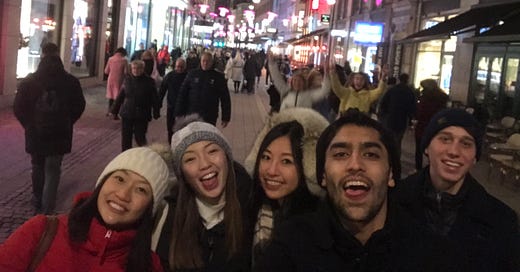


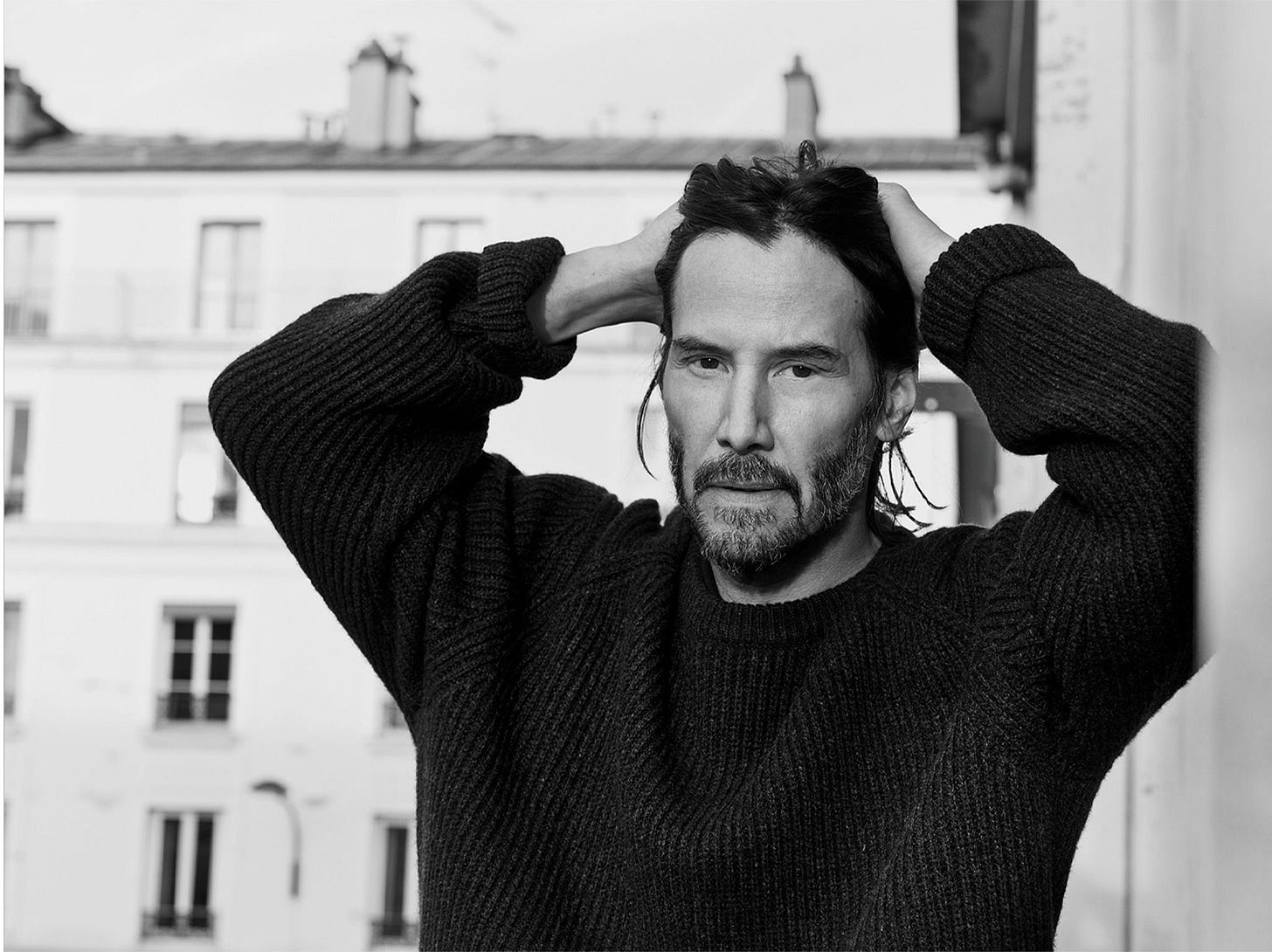
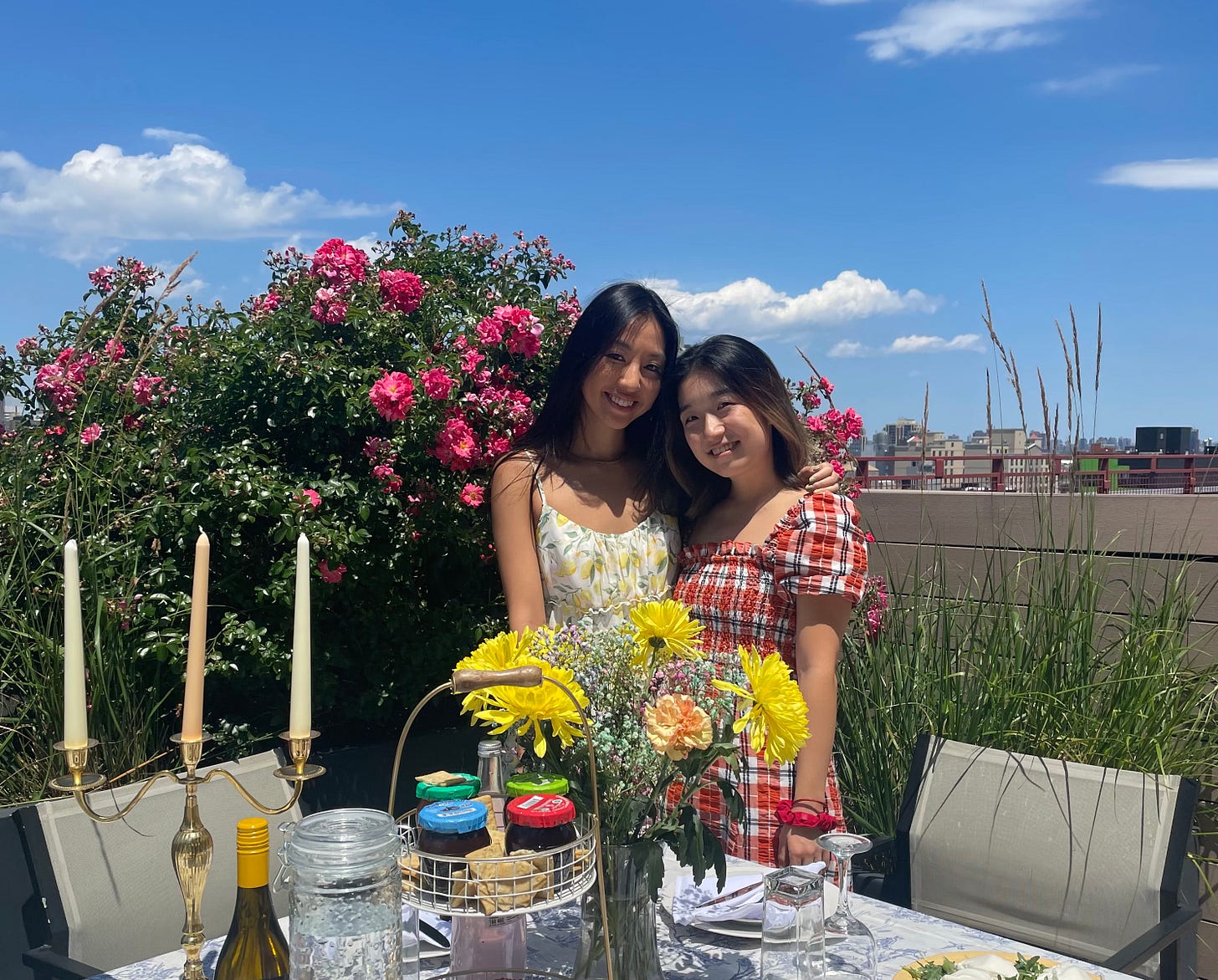
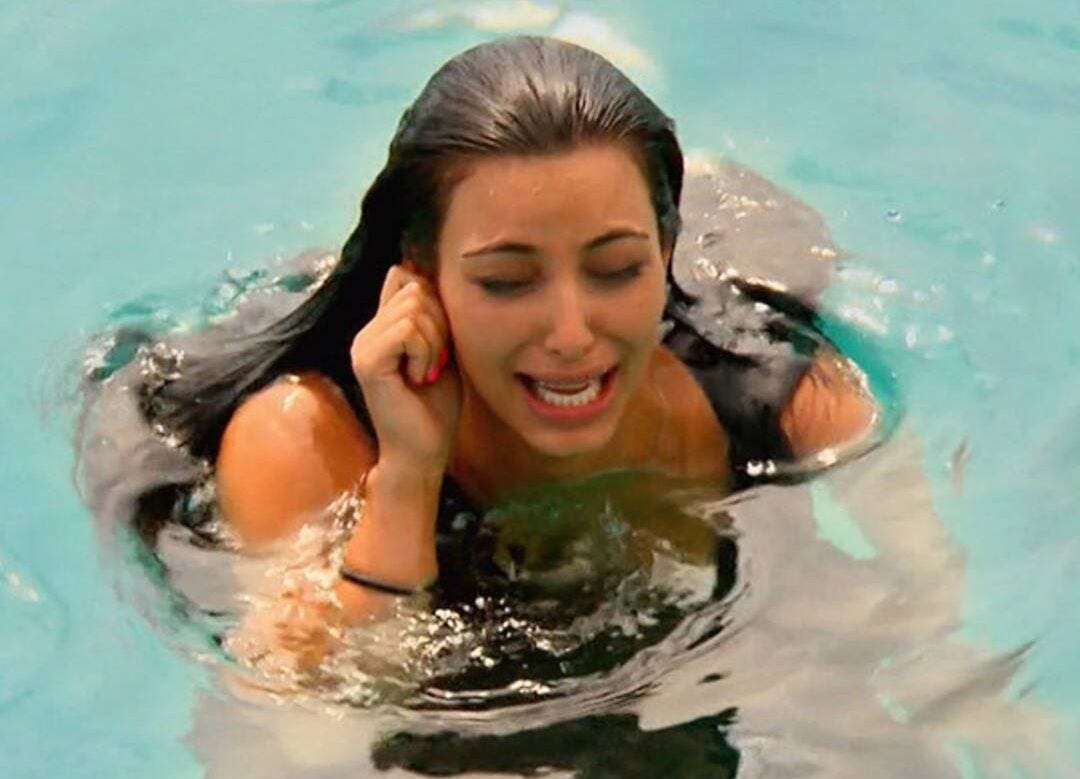

wow, this litreally had me in a chokehold - letting go is so tough but it sure does make space for more love
I feel this rn. As a kid, your criteria for a friend consists of sharing a single hobby, but as you grow and realize your values, you see others stagnating or growing in different directions, and it's bittersweet but you also feel better knowing you're learning about your own needs and setting boundaries to protect your soul. I'm such a nostalgia girlie but I'm learning to let go!